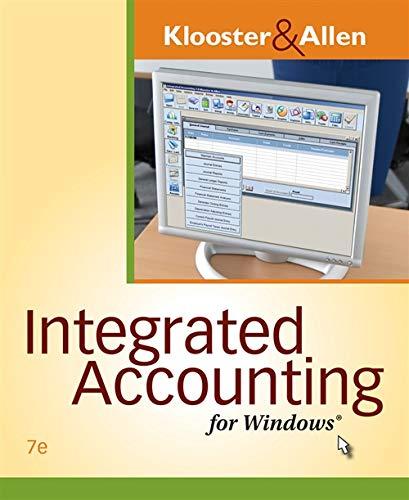Question
What was Raman's starting salary? How much could he have contributed to the voluntary savings plan in his first year of employment? 2. Had Raman
What was Raman's starting salary? How much could he have contributed to the voluntary savings plan in his first year of employment? 2. Had Raman taken advantage of the company's voluntary retirement plan up to the maximum, every year for the past five years, how much money would he currently have accumulated in his retirement account, assuming a nominal rate of return of 7%? How much more would his investment value have been worth had he opted for a higher risk alternative (i.e. 100% in common stocks), which was expected to yield an average compound rate of return of 12% (A.P.R.)? 3. If Raman starts his retirement savings plan from January of next year by contributing the maximum allowable amount into the firm's voluntary retirement savings program, how much money will he have accumulated for retirement, assuming he retires at age 65? Assume that the rate of return on the account is 7% per year, compounded monthly and that the maximum allowable contribution does not change.. 4. How much would Raman have to save each month, starting from the end of the next month, in order to accumulate enough money for his wedding expenses, assuming that his investment fund is expected to yield a rate of return of 7% per year? 5. If Raman starts saving immediately for the 20% down payment on his house, how much additional money will he have to save each month? Assume an investment rate of return of 7% per year. 6. If Raman wants to have a million dollars (in terms of today's dollars) when he retires at age 65, how much should he save in equal monthly deposits from the end of the next month? Ignore the cost of the wedding and the down payment on the house. Assume his savings earn a rate of 7% per year (A.P.R.). 7. If Raman saves up the million dollars (in terms of today's dollars) by the time of his retirement at age 65, how much can he withdraw each month (beginning one month after his retirement) in equal dollar amounts, if he figures he will live up to the age of 85 years? Assume that his investment fund yields a nominal rate of return of 7% per year. 8. After preparing a detailed budget, Raman estimates that the maximum he will be able to save for retirement is RM300 per month, for the first five years. After that he is confident that he will be able to increase the monthly saving to RM500 per month until retirement. If the account provides a nominal annual return of 7%, how much money will Raman be able to withdraw per month during his retirement phase? 9. What is the lesson to be learned from this case? Explain.
Step by Step Solution
There are 3 Steps involved in it
Step: 1

Get Instant Access to Expert-Tailored Solutions
See step-by-step solutions with expert insights and AI powered tools for academic success
Step: 2

Step: 3

Ace Your Homework with AI
Get the answers you need in no time with our AI-driven, step-by-step assistance
Get Started


